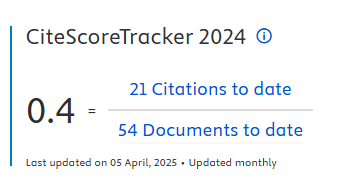Learning achievement and knowledge transfer: the impact factor of e-learning system at Bach Khoa University, Vietnam
DOI:
https://doi.org/10.5585/iji.v6i3.235Keywords:
E-Learning System, Learning Achievement, Knowledge Transfer, Bach Khoa University, VietnamAbstract
E-learning is the application of innovative ICT platforms and Internet in education to make it easier, spacious, and more efficient. Advantages of e-learning are recognized, but its impact on learning achievement and knowledge transferring are not confirmed clearly. Learning is considered the skills of students and knowledge gained through experience in the training process. Learning achievement has been defined as students' knowledge, skills and study habits in a training course and effectiveness of their application to their work. Based on previous research, this study suggested that learning achievement as a dependent variable affected by the capacity factors, such as: computer self efficacy, ease of use, perceived usefulness, face to face interaction, e-mail interaction, and social presence. Besides, knowledge transfer is also affected by learning achievement. The study result showed that 3 factors: easiness & usefulness, e-mail interaction, and social presence have positive impacts on learning & transferring knowledge through the e-learning system of Bach Khoa University (BKU). Based on analysis results, some managerial implications are suggested for improving the effectiveness of e-learning system at BKU.
Downloads
Downloads
Published
How to Cite
Issue
Section
License
Copyright (c) 2018 Quoc Trung Pham, Minh Chau Huynh

This work is licensed under a Creative Commons Attribution-NonCommercial-NoDerivatives 4.0 International License.
- Abstract 392
- PDF 193











